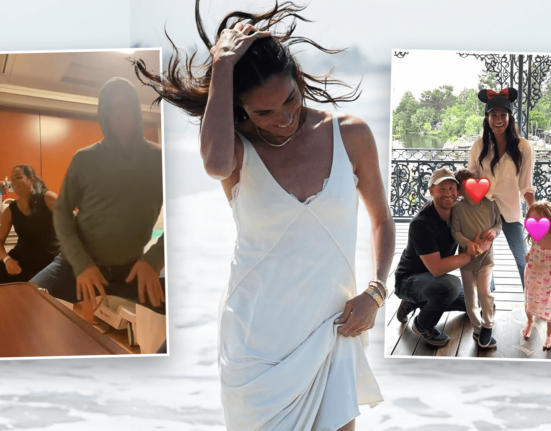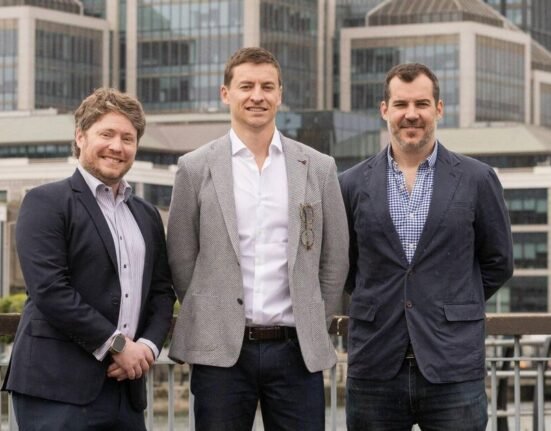Nike recently filed suit in Federal Court in the Southern District of New York claiming trademark infringement and unfair competition by its former licensee, S2, Inc., owned by a popular shoe customizer named Dominic Ciambrone who is known as the “Shoe Surgeon”. Ciambrone is famous for creating unique, high-end, and often luxury custom sneakers. He regularly works with high-profile clients, including celebrities, athletes, and fashion enthusiasts, and is a notable figure in the sneaker and fashion industry.
Nike alleges that Ciambrone has been customizing and selling Nike sneakers without authorization, using the company’s trademarks and trade dress. This practice, according to Nike, not only violates its intellectual property rights but also potentially confuses consumers about the origin and endorsement of the products.
Notably, however, Nike previously worked with Ciambrone, first hiring him in 2018 to create a pair of Nike sneakers to commemorate LeBron James reaching 30,000 points scored in NBA play. Ciambrone later went on to do a workshop for Nike’s Jordan brand and has been tasked with designing more custom shoes for Nike.
Trademark Infringement
Nike claims trademark ownership in its name, the “swoosh” logo, and the trade dress design of some of its iconic shoe models, among others. Trademark infringement exists if it is likely that a customer would be confused or deceived as to the source of goods. Additionally, trademark owners have a duty to enforce against infringement of their trademarks as failure to police can later be used against the trademark owner.
Presumably, the custom Nike shoes Ciambrone sells to the public are created with existing Nike shoes. Under the first-sale doctrine it is not infringement to use a trademark to resell used branded items is so long as you don’t confuse or deceive customers. Fair use is also available as a defense to trademark infringement. However, the wholesale creation of a Nike-branded shoe without license would likely be considered an infringing counterfeit.
When Does Customization Cross the Line?
While Nike has not objected to some level of customization in the marketplace, it seems to have decided that customization crosses the line of infringement once the customization business is too successful, marketed too aggressively, or simply crosses the line into counterfeiting. Nike states in its complaint:
“As detailed herein, this is not a case concerning only Ciambrone’s large-scale infringement of Nike’s rights through his “Shoe Surgeon” customization business. Rather, Nike seeks to enjoin Ciambrone and the other Defendants in their attempts to build an entire multifaceted retail empire through their unauthorized use of Nike’s trademark rights and the associated goodwill that Nike spent decades accruing. What may have begun several years ago as Ciambrone’s relatively uncontroversial “one-of-one customizations on commission” has now, with the help and direction of former customer turned business partner Imbimbo, transformed into an egregious display of widespread infringement that has even crossed into willful counterfeiting of iconic Nike products.”
In addition to Ciambrone’s customization business, Nike is objecting to his SRGN Academy business where he teaches customers how to customize shoes, but, as Nike claims, also to make Nike shoes from scratch. Nike claims that making Nike-branded shoes from scratch is simply counterfeiting. Nike further claims that customers that pay $3,000-$5,000 to attend the SRGN Academy are then encouraged to use their new skills to manufacture and sell counterfeit Nike products.
What’s Next in the Nike-Ciambrone Case?
While Nike will need to prove a likelihood of confusion in its trademark infringement claim, the company must also address its previous collaboration with Ciambrone. Nike had previously partnered with him to design and customize shoes, which may have bolstered Ciambrone’s reputation. This partnership could be viewed as an endorsement, adding to his credibility in the eyes of the public. As Ciambrone’s business has grown and expanded into new areas like education, Nike is now asserting its rights more firmly. However, if consumers are genuinely misled into believing that Ciambrone’s designs are authorized by or affiliated with Nike, or if they perceive his products as counterfeit, his actions could indeed constitute trademark infringement.
While it is likely that Nike and Ciambrone will settle, a ruling on the merits of this case could have wide-ranging implications for customizers of all kinds. In addition to the popular customization of shoes, customization is popular in other areas including sports and Pokémon trademark cards.







